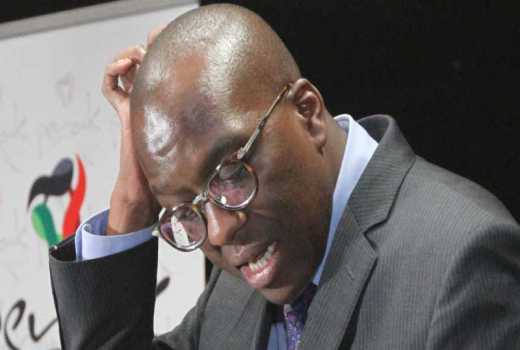×
The Standard e-Paper
Smart Minds Choose Us

The post-dated resignation of Nairobi’s Deputy Governor Polycarp Igathe has left people confused.
On one hand, the resignation appears cleverly calculated at affording a 20-day “consideration” window. On the other, it has been circulated in public and delivered to Governor Mike Sonko.